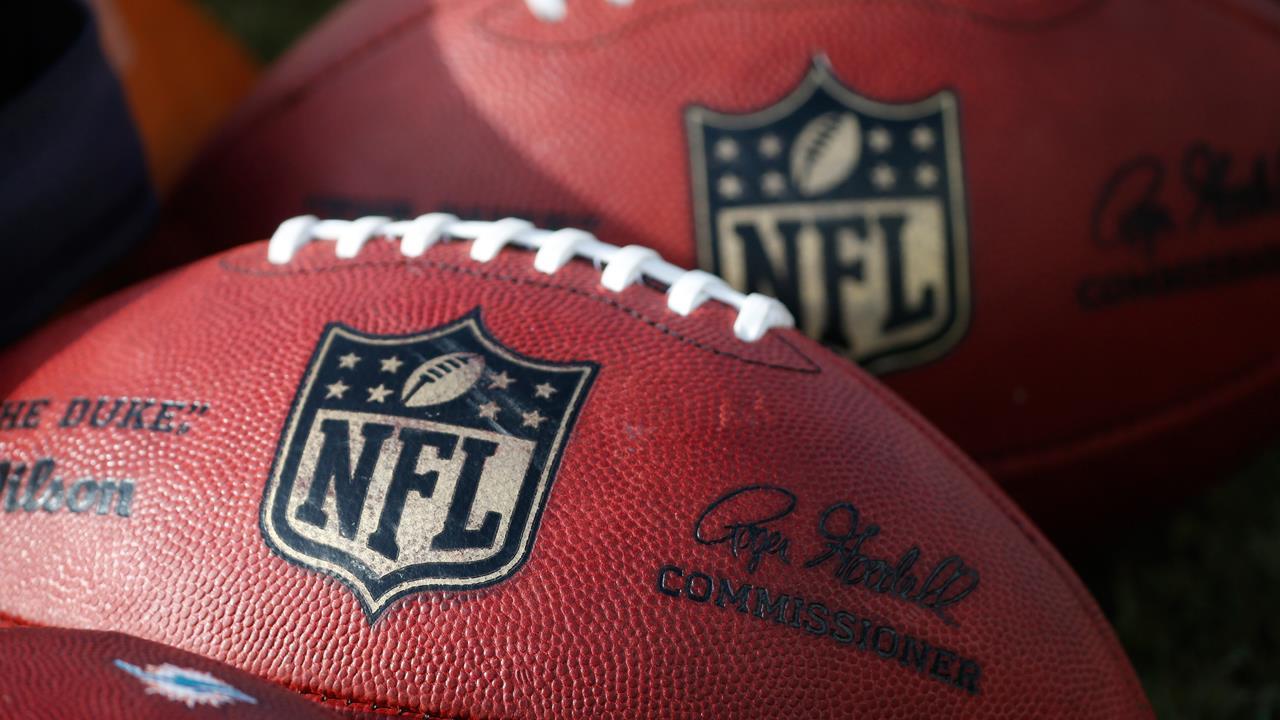Cam Newton's vegan diet blamed for struggles: Can the Panthers force a change?
Critics have cited Carolina Panthers quarterback Cam Newton’s recent switch to a vegan diet as the potential cause of his struggles with injuries and poor play this season, but team executives would have little recourse even if they concluded it was responsible.
After a dismal 0-2 start to the season in which Newton failed to score a touchdown, the longtime Panthers star disclosed in a video post last Friday that he had hidden the severity of a left foot injury and wouldn’t return to the field until it was fully healed. The injury prompted immediate speculation from the Panthers’ hometown newspaper, the Charlotte Observer, regarding whether Newton’s vegan lifestyle had exacerbated the situation.
“There is nothing in the collective bargaining agreement or the uniform player contract that comes close to regulating a player’s diet,” Michael LeRoy, a sports labor law expert and professor at the University of Illinois at Urbana-Champaign, told FOX Business. “In the CBA, there is a contract article for meal allowances when a team travels. It has no restrictions.”
NFL teams invest heavily in training staffs, nutritionists and chefs to ensure that players have access to all the food and nutrients they need to succeed over a months-long season. However, franchises can’t interfere with a player’s personal dieting choices, LeRoy said.
Newton, who announced in a video last March that he had adopted a vegan menu in order to slim down to 235 pounds, is the latest of countless NFL players and athletes to draw scrutiny over their diet. When quarterback Colin Kaepernick became a free agent following a 2017 season in which he led national anthem protests, a report from NBC Sports Bay Area suggested that teams were skeptical of his commitment to football in part because of his vegan diet.
Other prominent NFL players to go vegan include Pro Football Hall of Fame inductee Tony Gonzalez and at least 11 members of the 2017 Tennessee Titans.
A group of sports nutritionists, dietitians and athletic trainers told the Observer that a switch to veganism could impact Newton’s intake of vital protein and calories, which could, in theory, affect his ability to recover.
“Go back to 2015 Cam, bada-- Cam. He was a pescatarian,” Chris Howard, a local certified nutritionist and strength and conditioning coach, told the newspaper. “Salmon, shrimp, you get a lot of good fats and complete proteins. In fact, [fish] is one of the best protein sources there is."
“Now you take away the most valuable part of that (diet), and ... there’s just no way around it: He can’t recover as well with less nutrients, with less calories and with less muscle mass. It’s just not going to happen,” Howard added.
While NFL teams can’t regulate the dieting habits of their players, they can seek to incentivize them to play at a certain weight. The Seattle Seahawks famously included offered bonuses to former running back Eddie Lacy if he managed to hit certain weight loss targets.
GET FOX BUSINESS ON THE GO BY CLICKING HERE
Other than that, each player’s nutrition habits are their own.
“Whether a player eats only organic vegetables or loads up on milkshakes, the contract pays per diem rates for breakfast, lunch, and dinner,” LeRoy added. “The uniform player contract has vague language on making a full disclosure of ‘any physical or mental condition known to him which might impair his performance under this contract.’ A diet is not a physical or mental condition, so Newton’s diet does not seem to be implicated here.”
